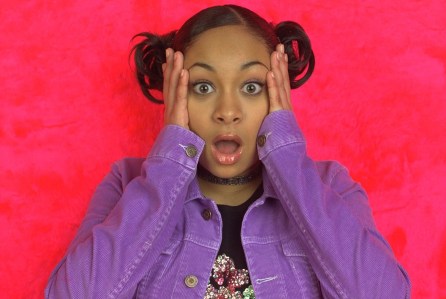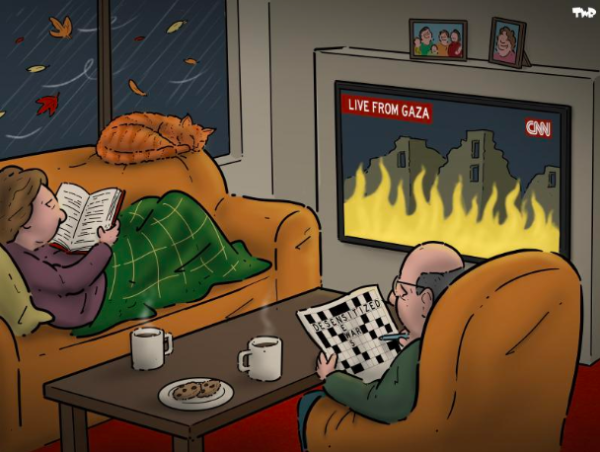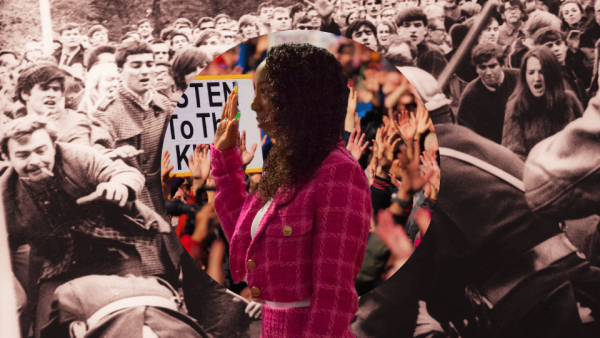TV shows lose creativity

Ten years after the end of the successful kids television show That’s So Raven, Disney announced their plan to make a spin-off show called Raven’s Home. While this news was met with unprecedented excitement from early 2000s kids, the spin-off is not the first of it’s kind. T.V. show comebacks have become a popular trend, from shows like Girl Meets World or Fuller House to adaptations like A Series of Unfortunate Events or Riverdale. These reboots are seen in all forms of media, and while they take great original ideas and intend to expand upon what was once a success, more often than not the original creative value is lost. The end result is a lackluster remake where new and interesting ideas could blossom instead.
A big problem with remakes pertains to the show’s original audience, or lack thereof. The people who once loved That’s So Raven have matured and no longer watch Disney Channel—they have aged into young adults who are going to college, working jobs and living different lives. Yet Disney is still aiming this new spin-off towards kids, despite the numerous intended adult themes and callbacks. This is frustrating for the longtime fans who no longer relate to the show or find it amusing. In the end, the remake will be strikingly different than the show they enjoyed as a kid, causing inevitable disappointment. This leaves a dissatisfaction in fans and makes them wonder why remakes like these are being pursued.
Adaptations are also concerning because they promote the recycling of ideas rather than creative innovation. The constant rehashing of concepts allows little room for growth. A television network like Freeform knows an adaption of the book series Shadowhunters will get them more views rather than an original property, so they pursue it because of its secure profit. Remakes, spin-offs and sequels guarantee more money than a fresh, new idea, and the security of revenue is more attractive than a compelling storyline. This does not mean adaptation or reboot production should be stopped, but rather that the entertainment industry has become obsessed with money production, causing them to push away opportunities for new and interesting ideas.
The remake phenomenon is everywhere: the new season of Twin Peaks just premiered, Psych closed on a holiday movie deal and big budget productions like Star Wars have successfully expanded into several movie reboots. While these projects are not bad or uncreative, their abundant existence poses problems. Hollywood spends more time rehashing old, dead ideas because they guarantee cash flow instead of spending time on new and exciting topics. However, reboots rarely live up to expectation and often promote unproductive cycle of reusing old ideas rather than creating new ones.
Your donation will support the student journalists of Calabasas High School. Your contribution will allow us to purchase equipment and cover our annual website hosting costs.











